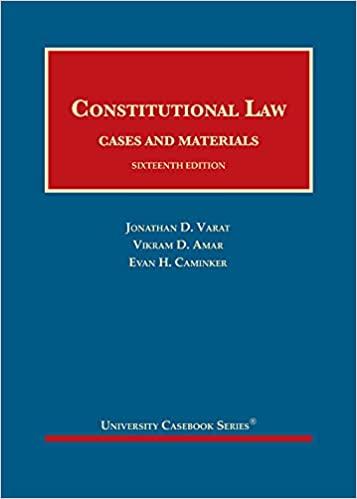Question
The business judgement rule provides that managers are not liable for the decision they make. This is the case if the decisions are made in
The business judgement rule provides that managers are not liable for the decision they make. This is the case if the decisions are made in good faith, for a lawful purpose, without conflict of interest, advances the best interests of the company/corporation and with the care of an ordinarily prudent person in a similar situation.
What limitations on managerial power do you believe this rule presumes? Can all illegal activity violate the rule? Why or why not? Do shareholders have any rights in this discussion? What advantages does a manager have or not have when it comes to self-dealing and corporate opportunity? Is there an ethical duty owed by managers to their shareholders?
Step by Step Solution
There are 3 Steps involved in it
Step: 1

Get Instant Access to Expert-Tailored Solutions
See step-by-step solutions with expert insights and AI powered tools for academic success
Step: 2

Step: 3

Ace Your Homework with AI
Get the answers you need in no time with our AI-driven, step-by-step assistance
Get Started


